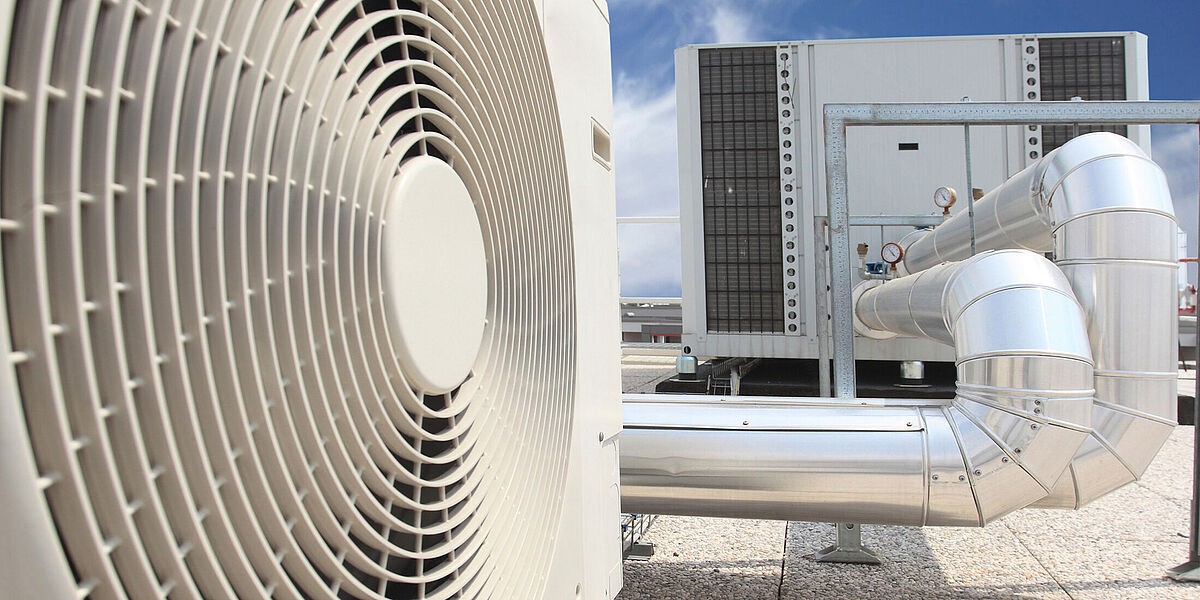Regulatory control of establishments open to the public: air and water analyses and monitoring of hot water installations
WESSLING supports establishments open to the public in carrying out their regulatory analyses and monitoring of indoor air quality, hot water installations, Legionella and drinking water safety.

Indoor air analyses: benzene, formaldehyde and Lab Ref 30
Indoor air quality must be monitored periodically in certain public establishments, such as childcare facilities for children under six, nursery and elementary schools, secondary schools and leisure centres, according to France’s National Commitment to the Environment Act No. 2010-788 of 12 July 2010.
For other establishments open to the public, the first monitoring study must be carried out no later than 31 December 2022.
Such monitoring includes mandatory evaluation of the establishment's ventilation system and assessment of regulated pollutants such as benzene, formaldehyde, carbon dioxide and, in some cases, tetrachloroethylene or perchloroethylene. These assessments may be carried out by a LAB REF 30 accredited agency. An action plan to prevent sources of pollution may be put in place following a self-diagnosis.
WESSLING will support you, whatever option you choose.

Legionella and hot water installations (NF T90-431)
Some public establishments are required to monitor their collective hot water systems. Monitoring includes, especially, analysis of Legionella during the annual campaign to assess cold and hot water waste water systems.
The Decree of 1 February 2010 concerns the following public establishments: health centres, social and medico-social establishments, penal institutions, hotels and tourist residences, campsites and other establishments open to the public with at-risk points of use.
WESSLING will support you in carrying out these assessments.
Water: drinkability
In France, water intended for human consumption is one of the most controlled foodstuffs. To guarantee maximum health security, it is subject to permanent monitoring.
WESSLING puts its analytical expertise at your service and offers you the routine D1 and D2 analysis programs, carried out on water taps normally used for human consumption, in accordance with the Decree of 21 January 2010.
The presence of microorganisms in drinking water can pose a short-term risk to the consumer. Although the clinical picture of the pathologies that develop in the population is most often benign (gastrointestinal disorders, diarrhoea, etc.), it is essential to follow up with regular microbiological monitoring.
Your contact regarding establishments open to the public :
- Sarah-Lou Redon
- +33 01 64 47 14 74
- sarah-lou.redon@wessling.fr
